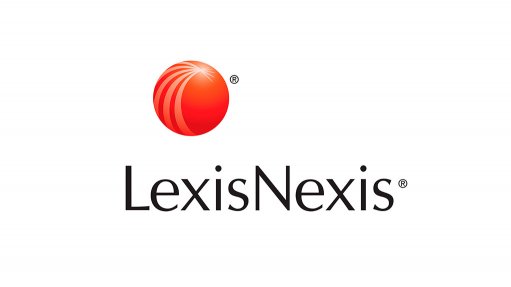
Employees are a company’s most valuable assets, regardless of its size. However, if unsuitable or unscrupulous employees are hired, they can also be the biggest liability. This is especially true for small businesses.
While larger businesses often have the capacity to absorb the impacts of employee transgression, small businesses do not, according to Director of LexisNexis Governance, Risk & Compliance, Greg Brown.
“The risks of hiring the wrong person may only be realised when it’s too late for a small business to recover from disruptions which can include lowered staff morale, financial losses and even fraud in some cases,” he said.
Without the support of a dedicated human resources department, small businesses need to be cautious about who they introduce to their intimate working environments, where confidential company information is more easily accessible to staff.
Brown provides the following tips for small businesses.
Factor background checking into your HR policy
Background checking procedures are useful when hiring new employees as this sets a standard for employment within a business. “By drawing up the standard procedure, complete with clear steps and strict guidelines, you can comfortably assess each candidate beyond their skills and personality to determine who they really are,” said Brown. HR recruitment, even for small businesses, should include a screening checklist that covers criminal records, credit reports, academic and matric qualifications, ID verification, fraud listing, employment history, fit and proper screening, driver’s license and bank verification, rapid personality questionnaires, business background search, professional driving permit and citizenship verification. Background screening checks can also be extended to existing employees every few years to keep track of existing members of staff.
Avoid relying on social media assessments
The Jobvite 2014 Social Recruiting Survey indicated that 93% of surveyed recruiters use or plan to use social media to support their recruiting efforts. 55% admitted to reconsidering candidates based on findings from their social profiles. While it can be beneficial to get a glimpse into an applicant’s personal space, it is however, not wise to judge them based on social media findings alone.
“You cannot truly gauge a candidate’s professional background from checking out their Facebook page,” said Brown. “In any case, many candidates are becoming aware of the social media stakeouts performed by employers and are cleaning up their profiles as a result.”
Further, information available on social media is unverified and profiles on social media can be biased, inaccurate or even fake.
Invest in and build your brand
Smaller businesses should have solid brand identities to appeal to stronger candidates. “Top talent is attracted to companies that are recognisable and have relatable personalities. Building your brand visibility can be accomplished with a small budget using professional networking sites like LinkedIn and Google + and even Facebook and Twitter,” said Brown.
Consult a reputable background checking partner
Pre-employment screening suppliers, like LexisNexis RefCheck, offer useful services that help empower small businesses with information and facts during that critical recruitment process.
For more information, click here